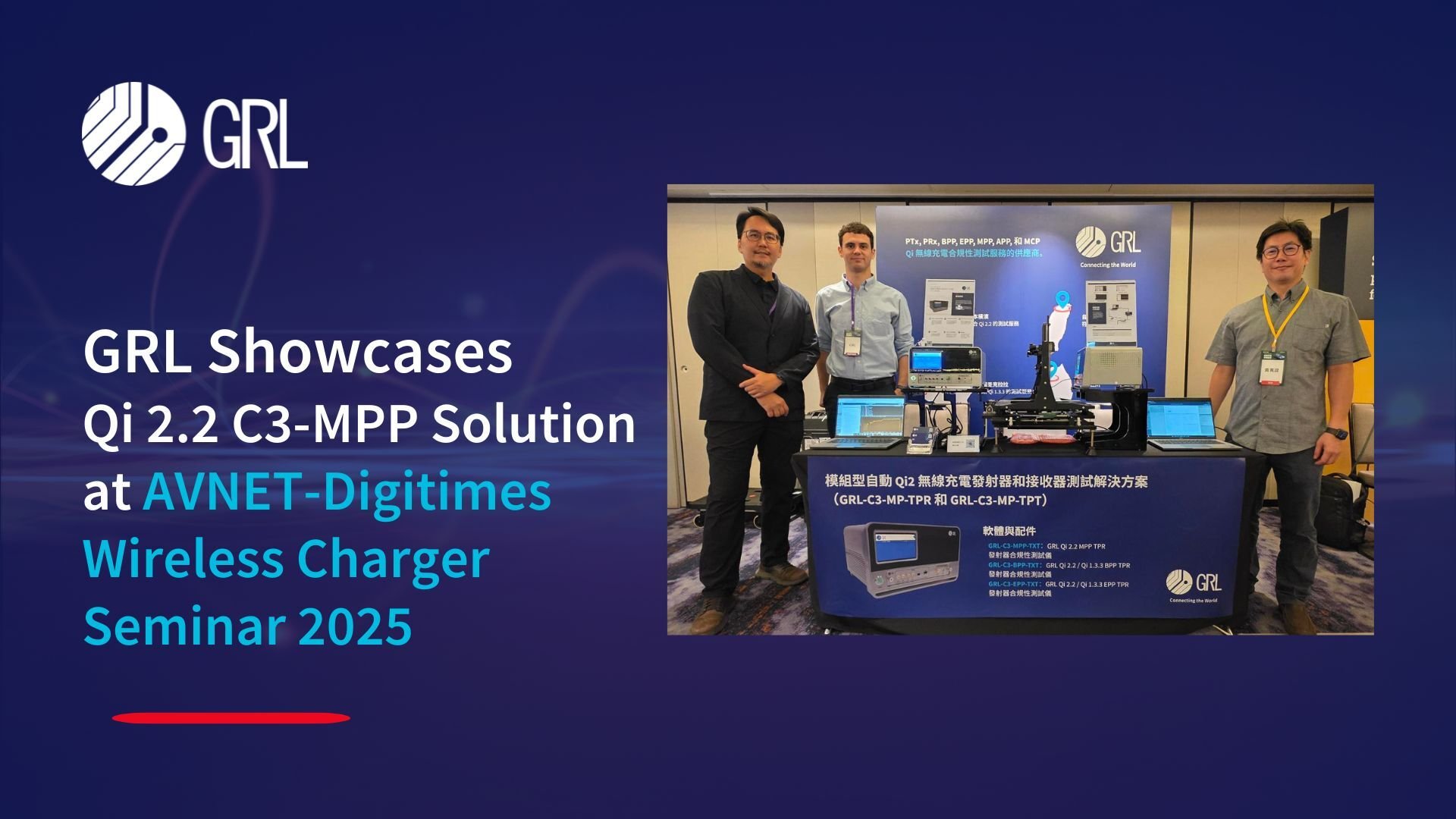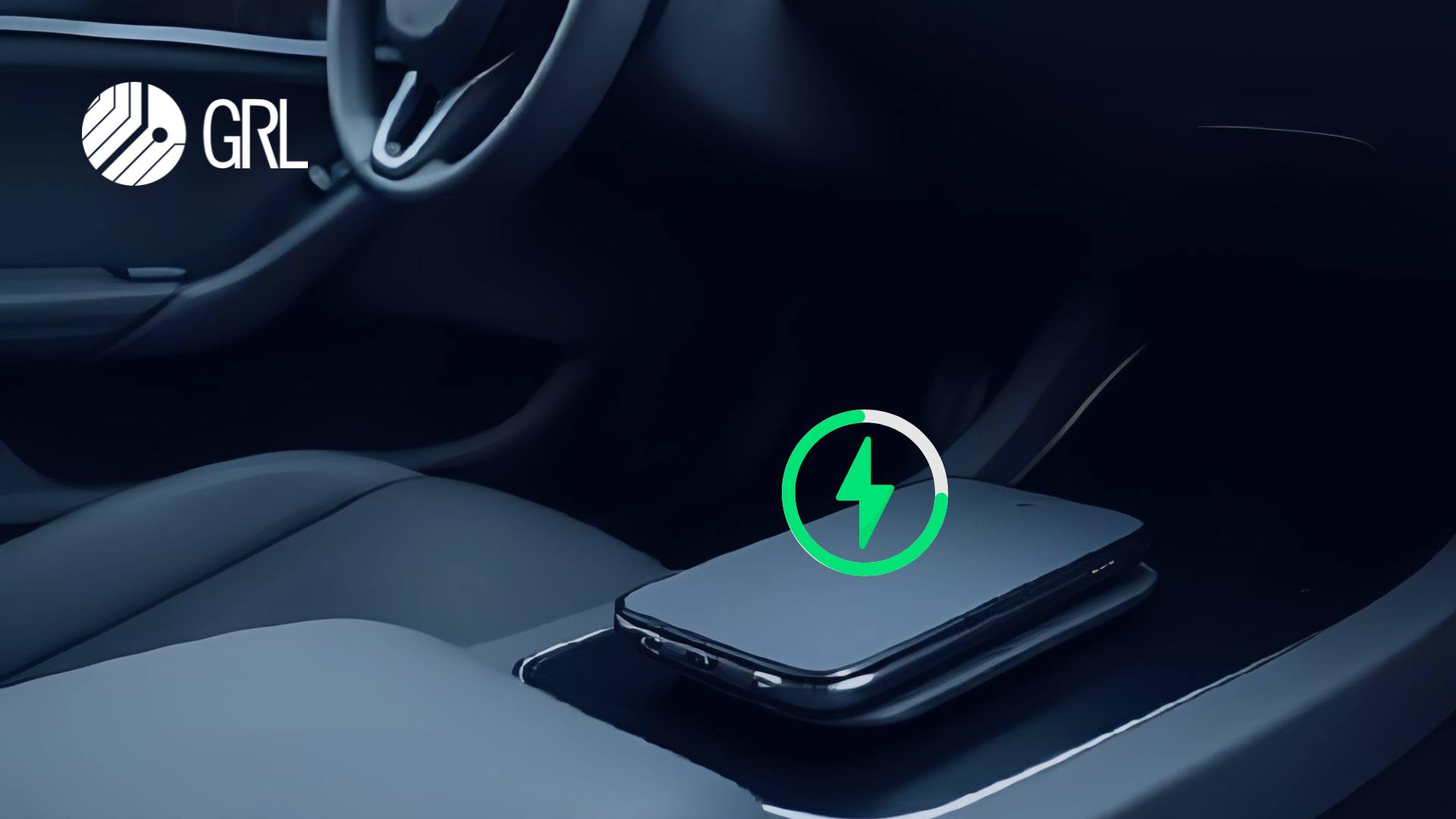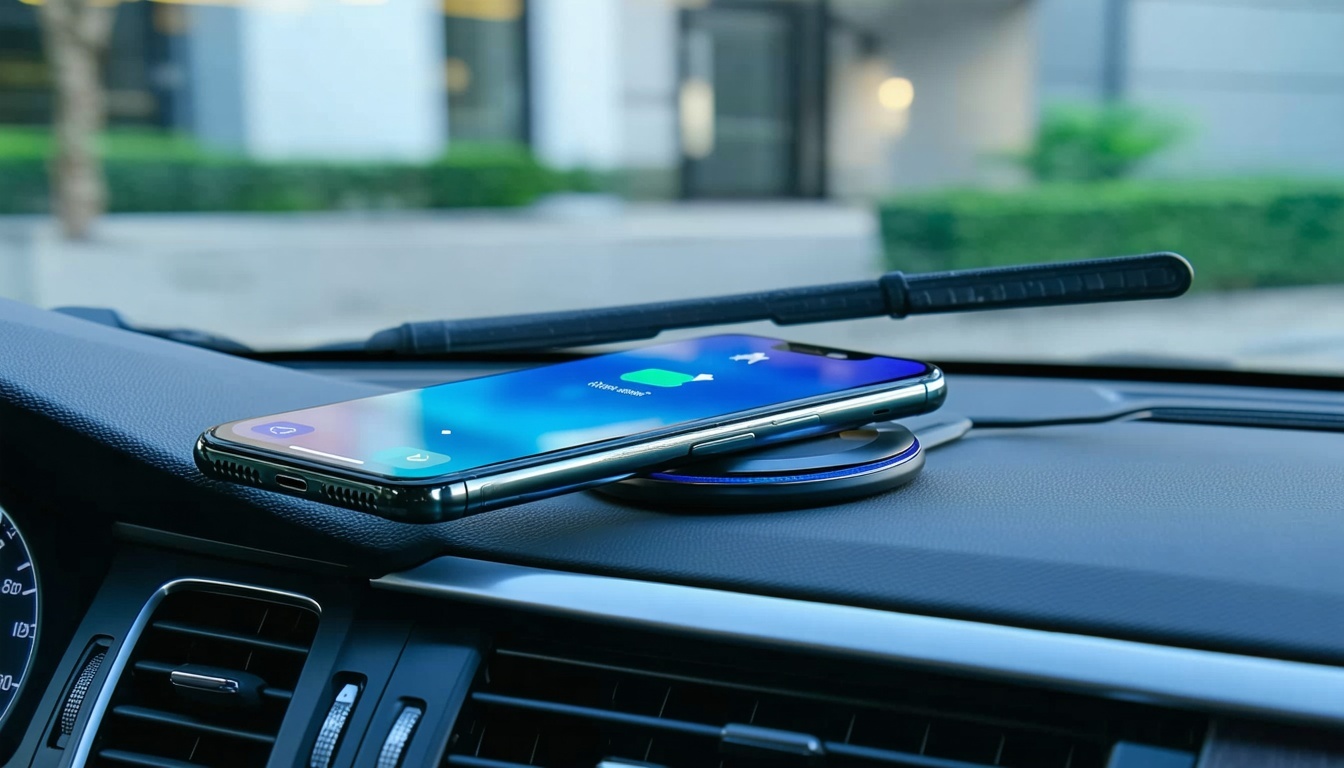The lab provides test certification services for the Qi specifications of Base Power Profile (BPP), Extended Power Profile (EPP), and PPDE in Taiwan.
Granite River Labs (“GRL”), a global leader in test and certification services and automated test solutions for digital connectivity and charging technologies, continues to diversify its wide range of pre-certification and test certification services with the Wireless Power Consortium’s (WPC) official recognition of GRL Taiwan as the only accredited Qi ATL in Taiwan. The lab now provides test certification services for Base Power Profile (BPP), Extended Power Profile (EPP), and PPDE. Developers and OEMs of wireless charging products such as mobile phones, wireless chargers, and other wearable technology can now expect more robust support on their compliance journey.
GRL Taiwan’s Qi ATL for TX lab will feature proprietary test equipment that is designed for greater accuracy and speed supported by cutting-edge automation technology combined with an intuitive user interface. This is in addition to GRL’s Santa Clara lab that already offers certification testing for the Qi wireless charging standard. This development means that GRL is now capable of supporting OEMs of devices that rely on the previous standard of BPP that supports up to 5W of power output, as well as the newer EPP specification that supports power output of up to 15W of power.
Further enhancing GRL’s wireless testing capabilities is GRL’s approval for the Samsung PPDE wireless charging scope as well as testing of fast wireless charging in Samsung mobile devices using BPP 1.3 PTx and EPP 1.3 PTx of the Qi PC0 Scope. By carrying higher voltages and currents compared to BPP, PPDE will allow mobile phone manufacturers to support increasing power demand. Compliance tests for Qi certification of wireless chargers that use proprietary charging methods such as the PPDE will therefore be mandatory moving forward. Samsung has been leading and advocating wireless charging technology in smartphones since 2015.
The new Qi2 wireless charging standard that was announced this year standardizes wireless charging speeds at 15W, up from the previous range of 5W - 15W, through a series of magnets designed to maximize charge transfer by securing optimal positioning between chargers and devices. The new magnetic configuration allows energy transfer efficiency to reach levels of up to 85-90%, making Qi2 the more environmentally friendly option as industries worldwide trend towards sustainability.
Beyond portable devices, wireless charging capabilities are expected to proliferate into markets such as home automation and smart automotives, industries that are also gaining momentum as demand for artificial intelligence enhanced lifestyle devices surges around the world. As the technology continues to improve, OEMs across various industries can expect to incorporate wireless charging into a greater proportion of their products.
“We are excited to bring reliable testing to our customers in Taiwan, extending our global ATL network to key locations in the US and Asia to help them keep up with their competitors in this rapidly growing market,” said Holger Kunz, President of Worldwide Services at GRL. “Our test equipment’s modular design will allow us to provide tests that comply with the latest Qi standards as they develop and give our customers the advantage that they need to stay ahead.”
“Safety and standardization will be our top-most priority as we usher in this exciting new era of wireless charging. We look forward to working closely with GRL to help OEMs of consumer electronics to unlock the full potential of wireless charging so that this technology can be enjoyed by users worldwide. " said Paul Struhsaker, Executive Director of WPC.
Please email your media inquiries to mktg@graniteriverlabs.com

.png)

